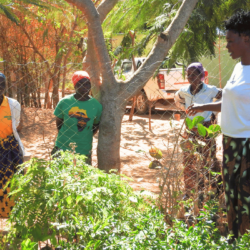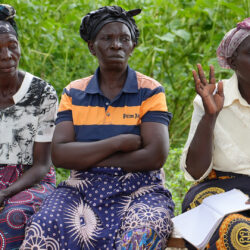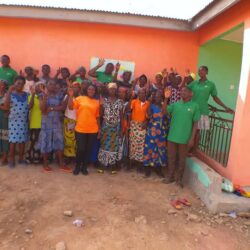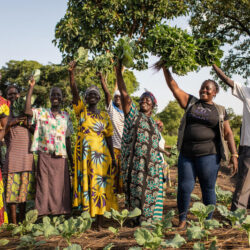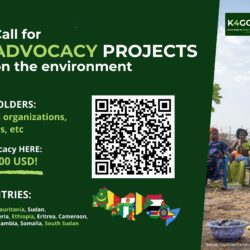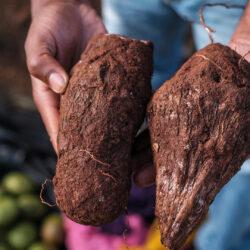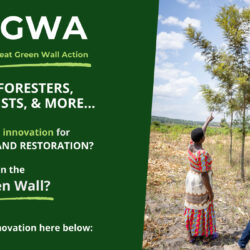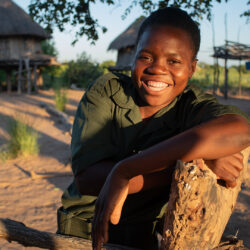Eswatini advances climate-resilient agriculture with modern farming technologies
Eswatini is expanding its climate adaptation efforts in agriculture by introducing protected cultivation infrastructure and climate-smart technologies aimed at increasing food system resilience. The initiative, implemented with technical support from the Food and Agriculture Organization of the United Nations (FAO), was featured during the Coordination Unit for Plant Production and Health’s (CUPPAH) monthly knowledge exchange session. The Eswatini programme showcases the deployment of greenhouse tunnels and shade net structures to



